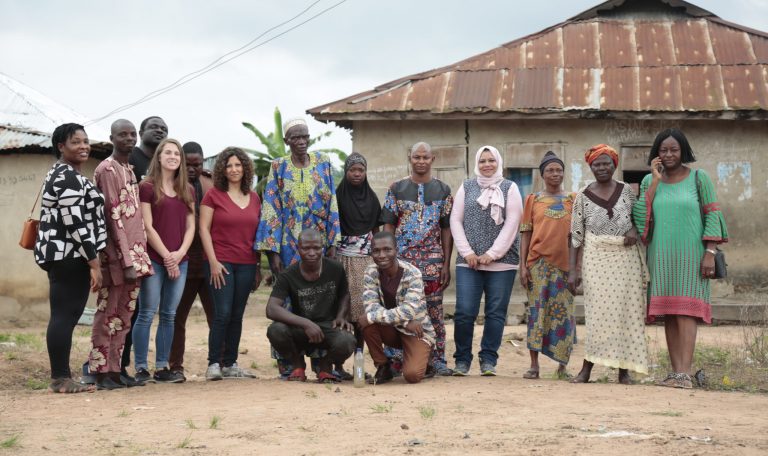
Host University: Redeemer´s University, Ede
Vice Chancellor:
Centre Leader: Prof. Christian Happi
Deputy Centre Leader: Dr. Folarin Onikepe
Centre’s Website: http://acegid.run.edu.ng/
University’s Website:
Contact: info.acegid@run.edu.ng

Recent advances in genomic technologies for studying humans and microbes have the potential to transform the clinical care, surveillance, and understanding of infectious diseases. In order to truly participate in this genomic revolution, African researchers must be equipped with knowledge of cutting-edge genomics tools, and multidisciplinary approaches to carry out fully independent and high impact research. This project aims to establish the African Center of Excellence for Genomics of Infectious Diseases (ACEGID) at Redeemer’s University in partnership with academic, clinical, and research institutions in Nigeria, Sierra-Leone and Senegal. The partners in these three countries have a long-term track record of successful research, training, and capacity building in collaboration with each other and with US partners at Harvard University, the Broad Institute, and Tulane University.
ACEGID has as a mandate to:
(1) Develop African research capacity in genomics by building a critical mass of well-trained scientists;
(2) Empower African researchers to optimally utilize genomics knowledge and tools towards control and elimination of infectious diseases;
(3) Create a genomics curriculum to support and promote cutting-edge genomics-based research for health advancement;
(4) Create a vibrant academic and research environment that is free of outside influences, and that transcends national boundaries and ensures the conduct of relevant, responsive, ethical and high quality translational genomics-based research on health in Africa, and
(5) Engage communities in prevention efforts, public health sponsored activities, and education. This effort not only supports science in Africa, but has wide ranging effects on public health. By building capacity for state-of-the-art genome sequencing and field-deployable genetic tools for microbial infection in Africa, we can support clinical care of the most devastating diseases and enable a surveillance network for some of the world’s greatest global health threats. Support for ACEGID will thus not only bring academic and research success for African science, but will contribute in fundamental ways to regional health and economic development.
